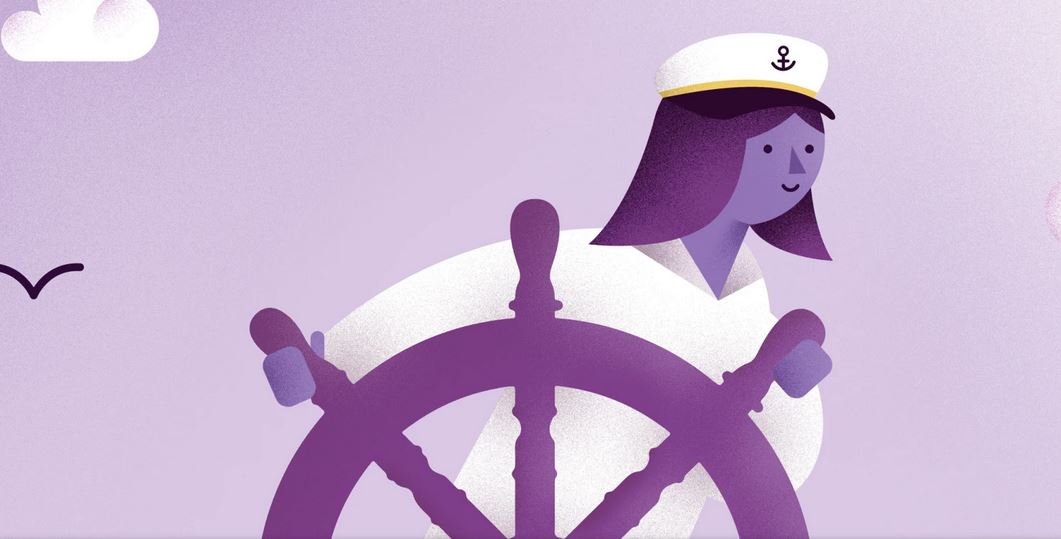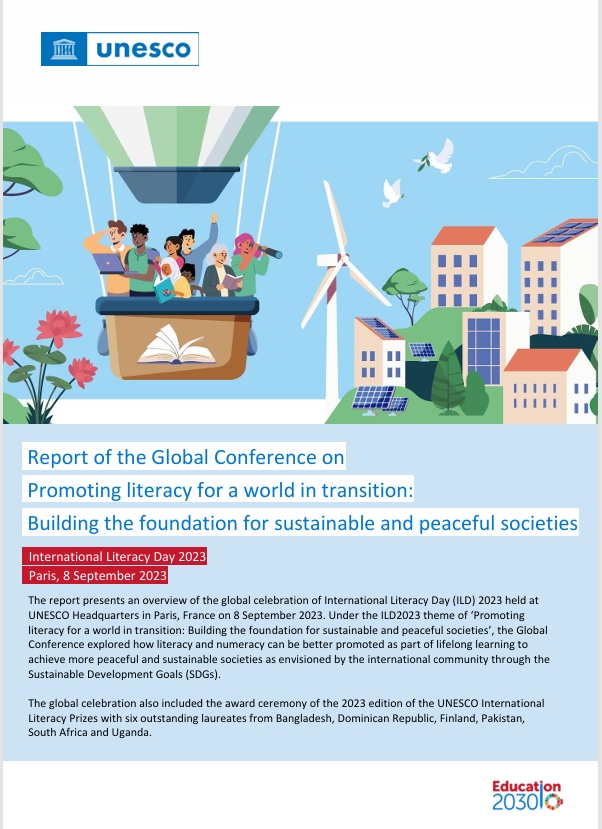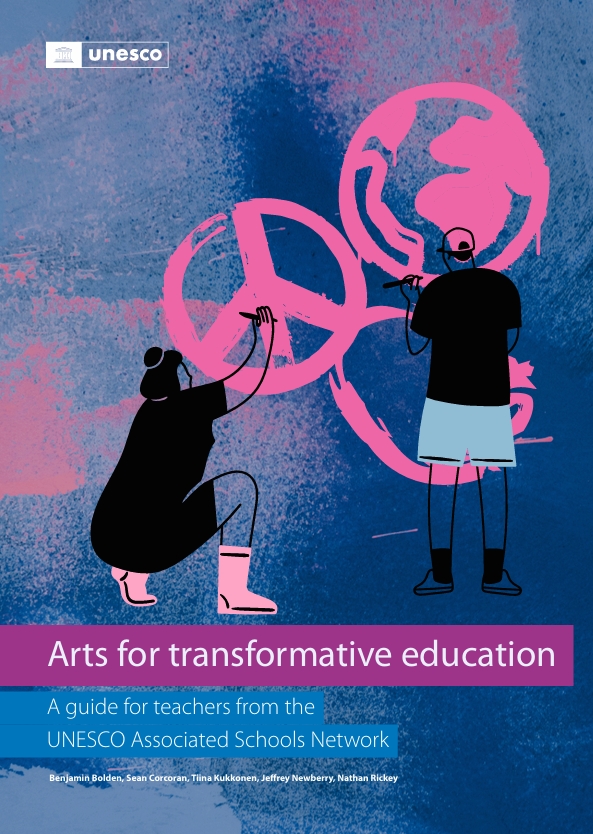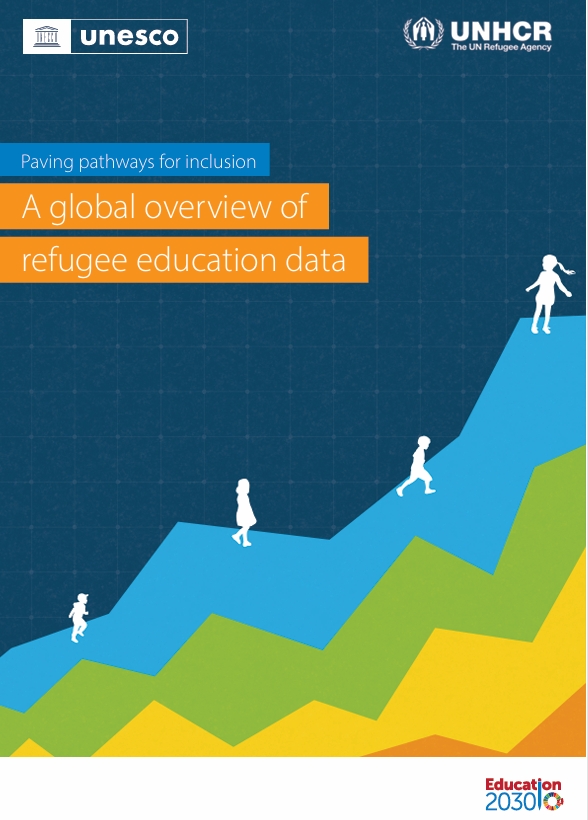Story Source: Thrive Global ~ Go to Original Article
Years ago, I met an educator named Diane Tavenner who blew my socks off.
We’d been invited by Bill and Melinda Gates to give what amounted to a private TED talk, followed by discussion, on what kids need to thrive in every sense of the word.
When it was her turn, Diane told the story of Summit Public Schools. As Diane described a day in the life of a Summit student, I leaned in, rapt with wonder.
Summit students, she explained, take responsibility for their own learning. Sure, they get a ton of support—much more attention and personalized instruction than in a typical public school. But their primary job is not to do as they are told. Instead, their mission is to develop authentic interests and a sense of purpose. Only when students have a reason for learning, Diane said, do they bring their full attention and energy to their work.






